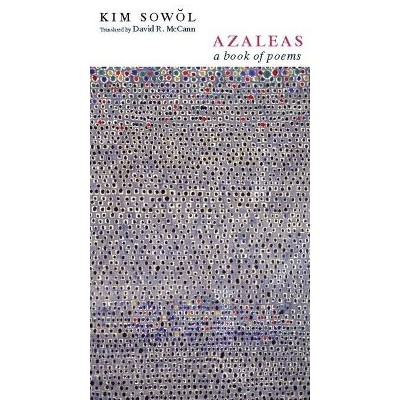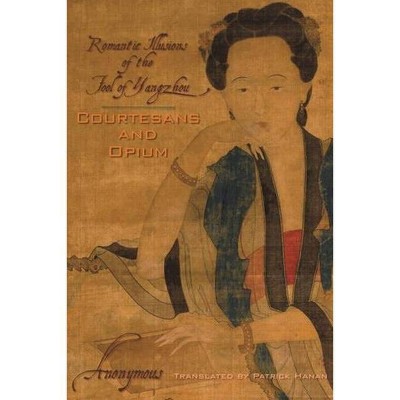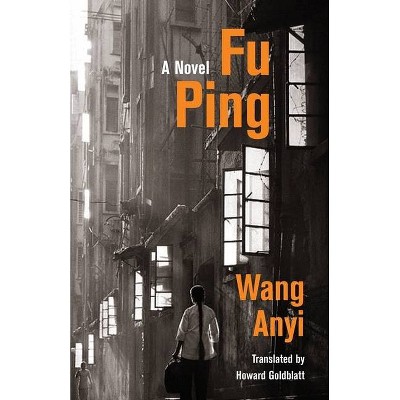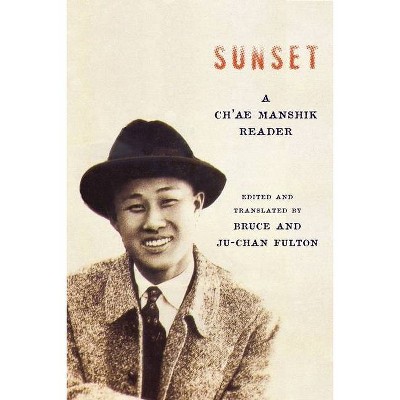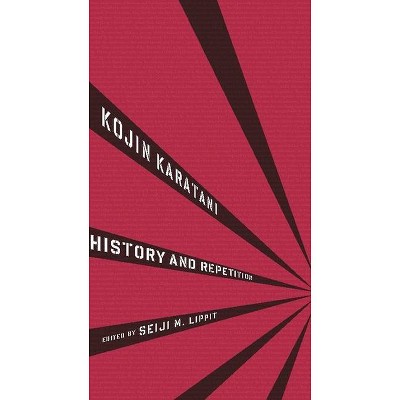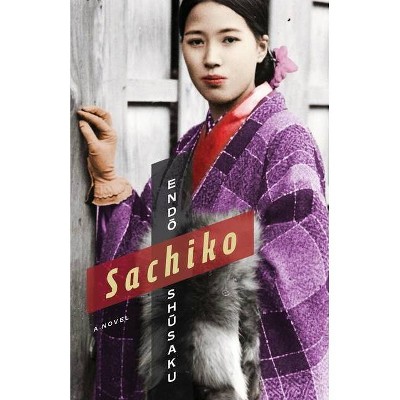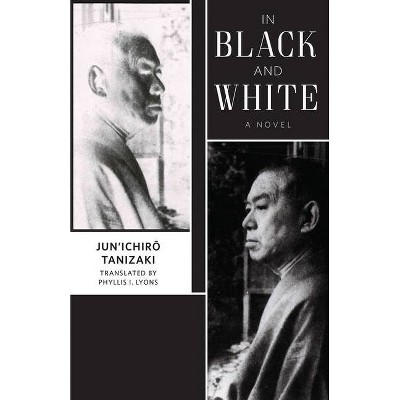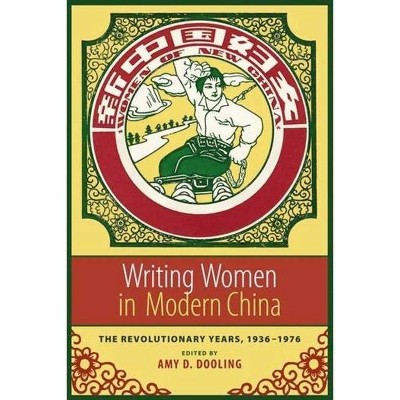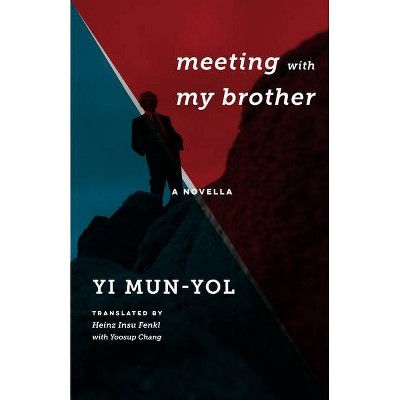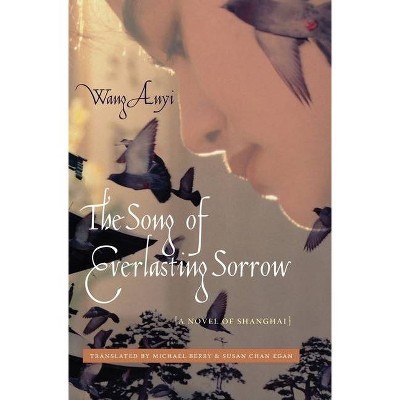Eastern Sentiments - (Weatherhead Books on Asia) by T'Aejun Yi (Paperback)
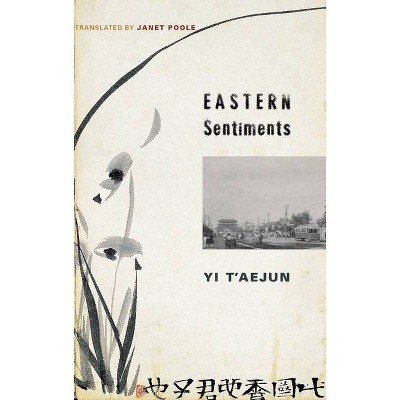
Similar Products
Products of same category from the store
AllProduct info
<p/><br></br><p><b> About the Book </b></p></br></br><p>Yi T'aejun was a prolific and influential writer of colonial Korea, and an acknowledged master of the short story and essay. Born in northern Korea in 1904, Yi T'aejun settled in Seoul after a restless youth that included several years of study in Japan. In 1946, he moved to Soviet-occupied North Korea, but was caught up in a purge of southern communists and forced into internal exile a decade later. It is believed Yi T'aejun passed away sometime between 1960 and 1980. His works were banned in South Korea until 1988, when censorship laws concerning authors who had sided with the north were eased. </p><p>The essays in this collection reflect Yi's distinct voice and lyrical expression, revealing his thoughts on a variety of subjects, ranging from gardens to immigrant villages in Manchuria, from antiques to colonial assimilation, and from fishing to the recovery of Korea's past. Written when fascism threatened the absorption of every Korean into Japan's wartime regime, Yi's essays explore the arts and daily life of precolonial times and attempt to bring that past back to life in his present. A final long essay takes the reader through Manchuria, where Yi laments the scattering of Koreans throughout the Japanese empire while celebrating human perseverance in the face of loss and change.</p><p/><br></br><p><b> Book Synopsis </b></p></br></br>The Confucian gentleman scholars of the Choson dynasty (1392-1910) often published short anecdotes exemplifying their values and aesthetic concerns. In modern Seoul one scholar in particular would excel at adapting this style to a contemporary readership: Yi T'aejun. <p/>Yi T'aejun was a prolific and influential writer of colonial Korea and an acknowledged master of the short story and essay. He also wrote numerous novels and was an influential editor of cultural news. Born in northern Korea in 1904, Yi T'aejun settled in Seoul after a restless youth that included several years of study in Japan. In 1946, he moved to Soviet-occupied northern Korea, but by 1956, a purge of southern communists forced him into exile. His subsequent whereabouts cannot be confirmed, though rumors claim Yi returned to Pyongyang, only to be exiled once more. It is believed Yi T'aejun passed away between 1960 and 1980, but his works were not made available until 1988, when South Korean censorship laws concerning authors who had sided with the north were eased. <p/>The essays in this collection reflect Yi's distinct voice and lyrical expression, revealing thoughts on a variety of subjects, from gardens to immigrant villages in Manchuria, from antiques to colonial assimilation, and from fishing to the recovery of Korea's past. Yi laments the passing of tradition with keen sensibility yet, at the same time, celebrates human perseverance in the face of loss and change. Most important, his essays recount the author's attempt to re-experience the past and keep it alive against absorption into the Japanese nation. <p/>Janet Poole faithfully reproduces Yi's complex craft, retaining his idiosyncratic tone and narrative. A brilliant introduction to a remarkable prose stylist, <i>Eastern Sentiments</i> eloquently complicates the historical, political, and aesthetic concerns of Orientalism.<p/><br></br><p><b> Review Quotes </b></p></br></br><br>an enjoyable, varied collection.--The Complete Review<br><br>An elegy for a literature that is disappearing.--Korea Herald<br><br>Yi is an engaging writer, and he is fortunate to have found such an empathetic translator.--Asian Review of Books<br><br>The field of Korean Studies is indebted to Janet Poole for setting a new standard of literary translation and analysis.--Samuel Perry "Korean Studies Review "<br><br>Well worth a thorough read by those interested in colonial and modern Korean literature.--Kelly Y. Jeong "The Journal of Asian Studies "<br><p/><br></br><p><b> About the Author </b></p></br></br>Janet Poole teaches Korean literature in the Department of East Asian Studies at the University of Toronto. She has translated the works of many writers from colonial Korea.
Price History
Price Archive shows prices from various stores, lets you see history and find the cheapest. There is no actual sale on the website. For all support, inquiry and suggestion messagescommunication@pricearchive.us
